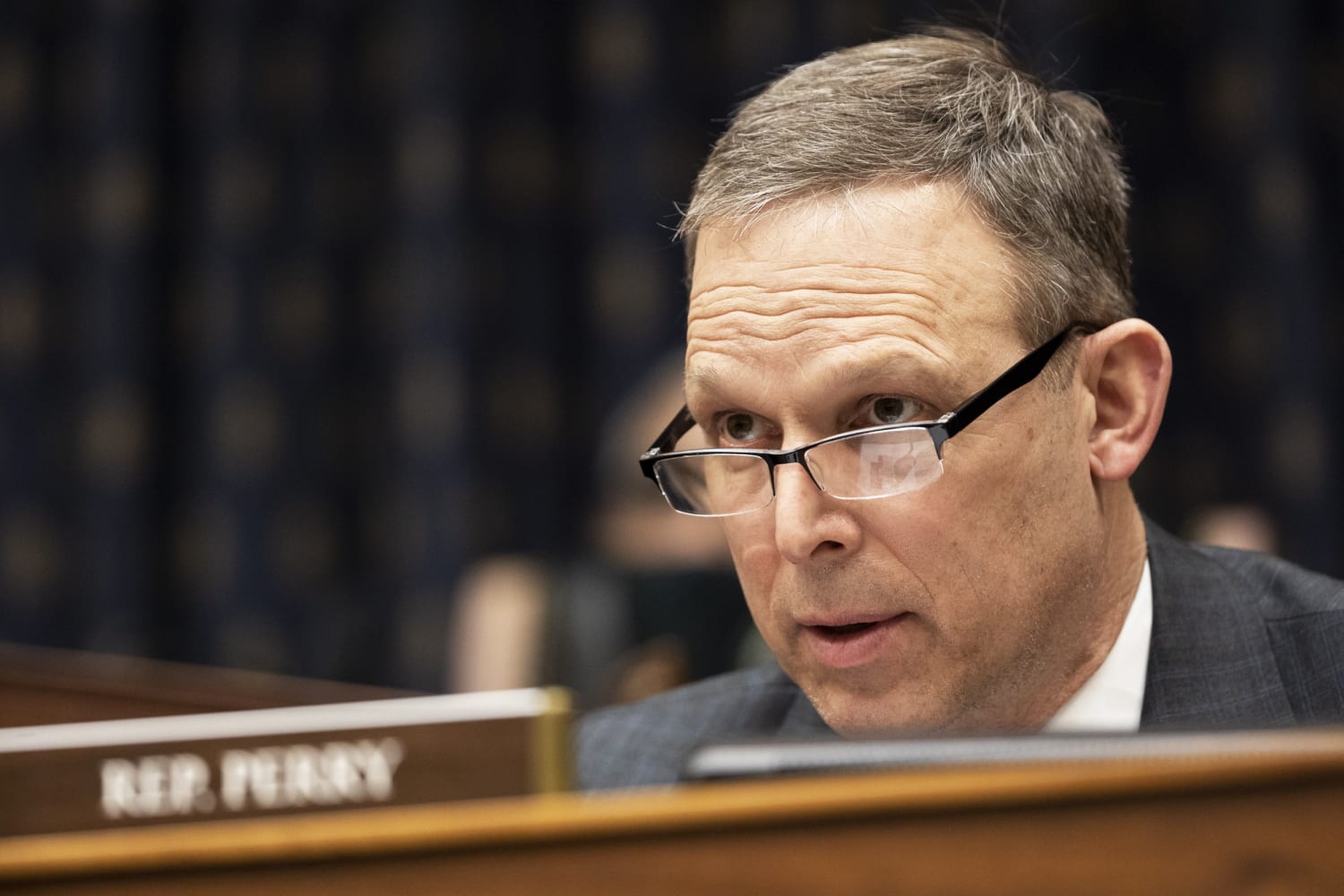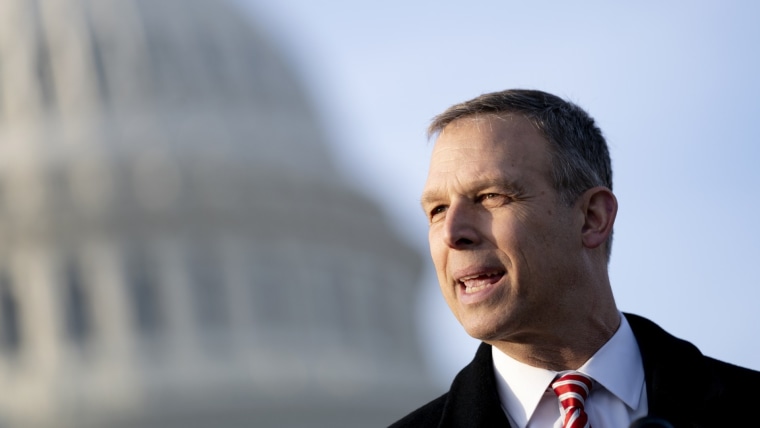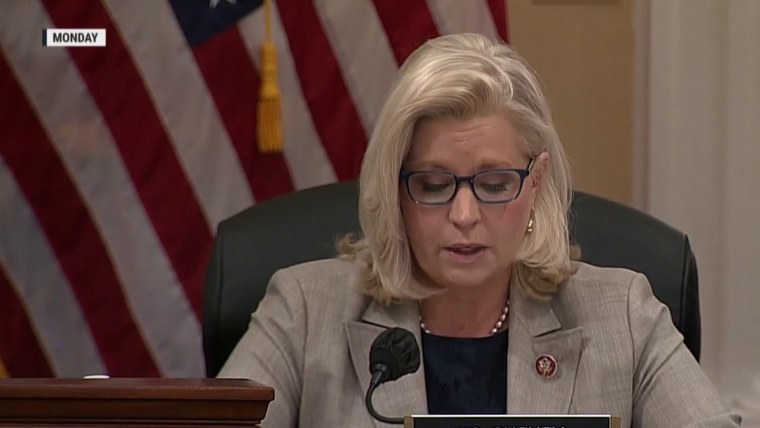The House select committee’s investigation into the Jan. 6 insurrection has moved into a new stage as, for the first time, it targets a sitting member of Congress: Rep. Scott Perry, R-Pa. While it is unusual for Congress to investigate one of its own members, it is equally unusual for a sitting lawmaker to be accused of aiding an attempt to overturn a presidential election.
Perry’s response to the committee’s demands for documents and testimony echoes the responses we have seen so far from other members of Trump’s inner circle.
Perry’s response to the committee’s demands for documents and testimony echoes the responses we have seen so far from former President Donald Trump and other members of his inner circle, including Michael Flynn and former law professor John Eastman. These responses constitute an attack on the legitimacy of the committee and the government itself and, like the string of losing election fraud cases, seem to be a right-wing propaganda move and not an actual legal strategy.
Perry has been in investigators’ crosshairs for some time. He was cited more than 50 times in a recent Senate Judiciary Committee report for his efforts tied to Trump’s big election lie. In particular, the report outlined how Perry played a direct role in trying to install Trump loyalists at the Justice Department who would do the former president’s bidding.
On Monday night, Rep. Bennie Thompson, D-Miss., the chair of the select committee, wrote a letter to Perry seeking his “voluntary cooperation.” The letter also informed him that the panel had received evidence from multiple witnesses, including then-acting Attorney General Jeffrey Rosen and then-acting Deputy Attorney General Richard Donoghue, that Perry played “an important role” in efforts to install Trump loyalist Jeffrey Clark as acting attorney general. In addition, last week the committee revealed that it had evidence that Perry was the lawmaker who had sent a text message to then-White House chief of staff Mark Meadows the day after the 2020 election pushing an “AGRESSIVE (sic) STRATEGY” for three state legislatures to ignore the will of their voters and deliver their states’ electors to Trump.
On Tuesday, Perry announced that he will not cooperate with the committee. The select committee, he said, is illegitimate and not “duly constituted” under the rules of the House. With his “not duly constituted” rhetoric, Perry is echoing the argument former law professor John Eastman made in his lawsuit challenging the validity of the committee’s subpoenas. Eastman argued that the select committee lacked legitimacy because of the lack of “validly appointed minority members or a validly appointed ranking minority member.” This, Eastman claimed, meant the committee itself was illegal, which in turn made compliance with its subpoenas “impossible.” Flynn and Trump have similarly argued that the subpoenas served “no legislative purpose” and “lacked legal authority.”
The D.C. trial court and the D.C. circuit court both rejected Trump’s attacks on the legitimacy of the select committee and its subpoenas and explained why the committee’s subpoenas serve a valid legislative purpose and are therefore valid.
Perry is obviously unswayed by such court decisions. Those who adhere to Trump’s lie also reject mountains of evidence, 61 court decisions rejecting Trump’s election fraud claims and even Trump’s own attorney general, William Barr, who said there was no evidence of widespread fraud in the 2020 election.
On one level, Perry and the committee are clashing over something very basic: Did Trump or Biden win in 2020?
On one level, Perry and the committee are clashing over something very basic: Did Trump or Joe Biden win in 2020?
But more broadly it is a battle over the legitimacy of our government and from where that government draws its authority. Sociologist Max Weber, in his classic essay “Politics as a Vocation,” outlined three kinds of authority that underlie governments. One is what he calls “traditional” authority, which underlies monarchies. Another is rule of law, the authority underlying democracies. Rule of law requires an adherence to facts and what sociologists call factuality. The third is what Weber calls a “charismatic leader,” the source of authority propping up certain kinds of autocracies. Today, we might say “strongman” or “demagogue.” The strongman form of government rejects facts and takes as true whatever the strongman or demagogue says.
The committee is operating under the rule-of-law principle, which assumes the legitimacy of our government and the existence of objective facts. Trump and his pals are operating under the strongman principle: They accept whatever Trump says as truth and ignore facts and court rulings that contradict the words of their leader.
Rep. Liz Cheney, R-Wyo., the vice chair of the select committee, has announced that in 2022 the committee will make its findings public through multiple weeks of public hearings “setting out in vivid color exactly what happened, every minute of the day on January 6th, here at the Capitol and at the White House, and what led to that violent attack.” The goal, she said, is to put the truth before the American people.
One common take in the media is that members of Trump’s inner circle are filing dubious lawsuits with the hope that they can “run out the clock ahead of the 2022 midterm elections — at which point Republicans likely make significant gains and quickly end all scrutiny of the Jan. 6 attack.” But the committee has said it will finish its work in 2022, and there is every indication that it will do so. The Justice Department, which will handle any resulting prosecutions, isn’t affected if the House changes hands in 2022 (but, of course, it is affected by presidential turnover).
More likely, people are filing these dubious lawsuits for the same reasons the election fraud lawsuits were filed: not because they expect to win — or will change course if they lose — but to give fodder to the right-wing propaganda machine and to dress up their conspiracy theories in legalese to give them credibility.
The question is: Will a clear majority of Americans believe the evidence amassed by the committee and accept court verdicts? Or will a dangerous percentage of voters ignore it if a charismatic leader instructs them to do so?
In a democracy, after all, the fate of the nation rests with the voters.
Source: | This article originally belongs to Nbcnews.com











